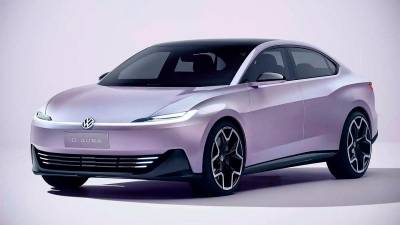XPENG and Volkswagen Group have taken another major step in their partnership with the signing of a new agreement that expands their technical cooperation well beyond electric vehicles.
The deal will see the jointly developed electrical and electronic (E/E) architecture not only integrated into Volkswagen’s battery-electric vehicle (BEV) platforms but also applied to its internal combustion engine (ICE) and plug-in hybrid (PHEV) models for the Chinese market. This expansion marks a significant milestone in Volkswagen’s push to accelerate its software-defined car strategy while also improving its overall competitiveness in the world’s largest automotive market.
According to the two companies, the E/E architecture has already been designed and validated by their joint R&D team. Originally intended for use in electric models, it has now been adapted for conventional and hybrid powertrains as well. This flexibility will allow Volkswagen to benefit from faster software iteration, frequent over-the-air updates, and a dramatic reduction in vehicle development cycles.
By broadening the scope of the platform, Volkswagen expects to roll out a larger number of models equipped with the shared architecture in China. This will enable the German manufacturer to achieve greater economies of scale and improve cost efficiency in a fiercely competitive market.
According to reports, Ralf Brandstätter, CEO of Volkswagen Group China and a Member of the Board of Management of Volkswagen AG, said the company’s approach was not limited to one type of powertrain. He emphasised that Volkswagen remains committed to delivering advanced solutions across every segment, ensuring customers continue to benefit regardless of whether they choose petrol, hybrid, or electric models. He also pointed out that reducing the company’s cost base systematically will allow Volkswagen to maintain strong product offerings at attractive price points in China.
The latest agreement builds on Volkswagen’s earlier $700 million investment in XPeng, announced in July 2023. That deal outlined plans for the two companies to co-develop a pair of B-segment BEVs under the Volkswagen brand, with production scheduled to begin in 2026.
With the newly expanded cooperation, both XPeng and Volkswagen are setting the stage for a broader, more integrated strategy in China, one that blends EV innovation with conventional powertrain versatility while keeping pace with the rapid evolution of the software-defined vehicle era.
